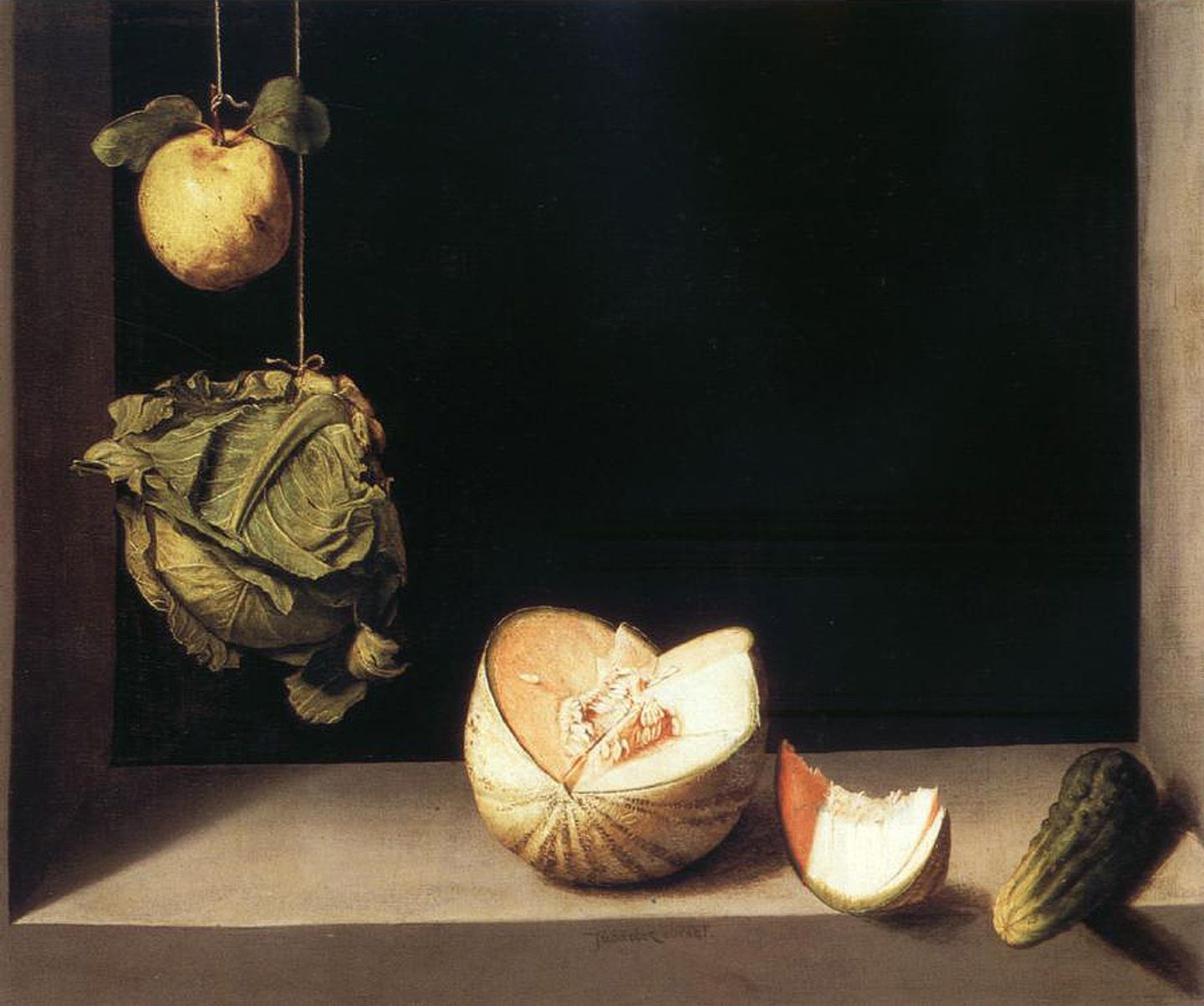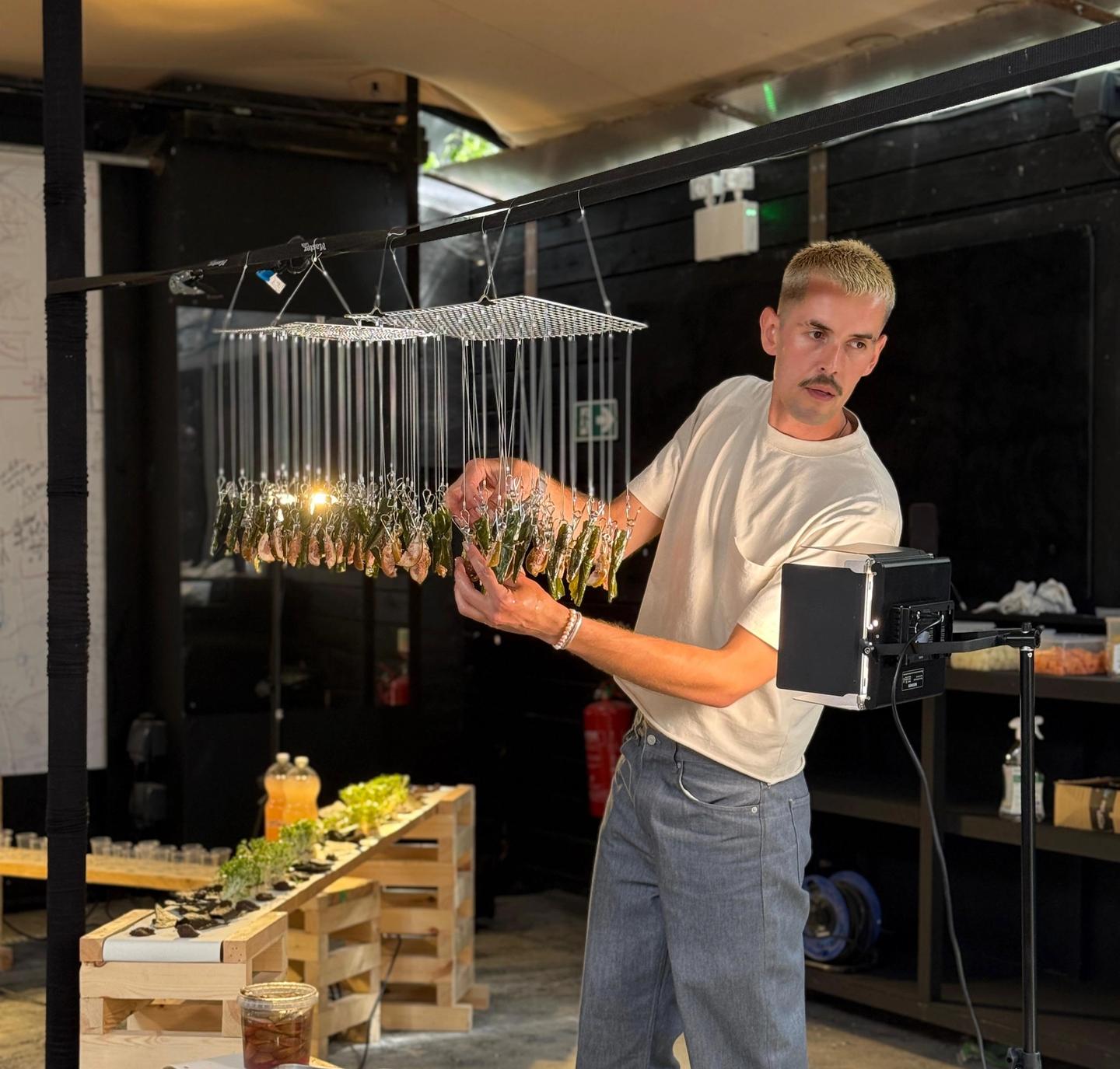

A Seat at Our Table
As the summer senesces, and autumn takes hold, the time comes to celebrate a season’s fruitfulness and the new possibilities that come from change. Throughout agricultural history across the northern hemisphere, summer’s wane has hailed festivals in many shapes and forms. These have offered rare moments, in which social boundaries are broken down in which everyone can take a seat at the table together to break bread, united over food.
Today, in a globalised food system, these traditions have themselves senesced, becoming agricultural relics relegated to the past. Nowadays, food has lost its agency, and is often consumed just to fuel our daily grind. Yet behind this contemporary commercialised and commodified facade, what we eat remains foundational.
Food’s nutriment is not only physical, but also social, cultural, and ecological. It can re-form how we view the world, and help us renegotiate our place in it. At The Gramounce, we seek to uncover this side of food: the formative, fundamental, foundational nourishment that it carries in every bite.
We celebrate food in every facet of its being, from its role in writing civilisation to its place on today’s dinner tables; and this year, we have a lot to celebrate. After a formative 2022-23 year, The Gramounce is very excited to introduce our new 2023-24 season. In this time, we have evolved and grown, building from our past selves, and bringing in a new cohort of participants to join us in creating new food futures. As our numbers have grown, so has our diverse range of speakers, who now include some of the most innovative voices across the field of food.
To start this journey, this autumn we will blur the nature-culture boundary with Gabriel Alonso’s research, and blend our notions of special and agricultural agents through Asunción Molinos Gordo’s expertise. We’ll philosophise with Federico Campagna on the history of world-building, and learn intergenerational care through Rosen White’s seedkeeping. Through the research of The Center for Genomic Gastronomy, we will see alternative culinary futures, and relearn what we know of agriculture with the Future Farmers.
To match our ever-changing curriculum, we are also changing the way in which we run the Journal. Building upon the success of last year’s writing residency, this space will now become a dedicated platform for participants to respond to our seminars in whichever way they wish. Similarly, my own role as writer-in-residence has evolved into editor and part-time contributor, to work with our participants in delivering their work. Opening up the Journal will make this space a collaborative venture, showcasing the diversity of ideas, information, and originality with which our participants view food. To allow this space to grow, we are proceeding without the restriction of intent, in the hopes that this collaborative endeavour will flourish into a thriving network of food practitioners.
This year also marks a change in the way we conduct our course, with three in-person residencies held across Spain and Italy. Starting this term, participants will get the chance to meet face-to-face at Madrid’s The Institute for PostNatural Studies, where they can engage and develop their individual art practices, and form in-person connections that might last a lifetime. Facilitating these residencies for a new wave of food practitioners, and moving our educational space offline is an incredibly exciting moment for The Gramounce, founded as we were on collective research and collaboration.
So let us celebrate this year’s fruitfulness, and ring in another exciting year of The Gramounce participants joining our ever-growing diversity of collaborators. We are excited for you to join us on the Journal’s journey, and see what comes of its collective endeavour. Together, let us unite over this forthcoming feast of information and ideas, and tuck in to that which has brought us all here: food!

Barney is a London-based culinary creative working at the confluence of food, art, and writing, whose practice focuses on food futures, queering consumption, and foraging and fermenting as social resistance. He believes food, in its ubiquity, transcends language as a mode of communication, and by applying it as an artistic medium it can be used to impart new thinking. In his practice, he uses food both to communicate his thinking and as a point of departure for research.
In 2021 he founded Finger Food Magazine : a contributor-based space for stories, artwork, and essays, in any and all mediums, exploring cooking, craft, and creation. When he’s not jamming ferments into jars, peering at plants on the pavement, or writing ramblings for my Substack , you can usually find him foraging for his food or reading books on baking.
